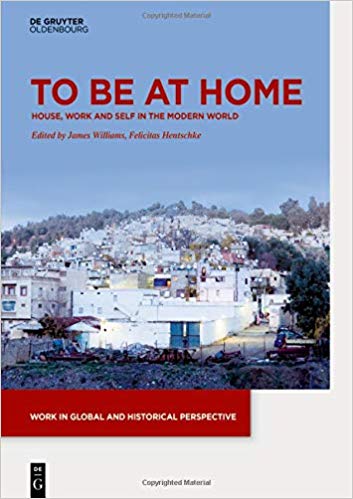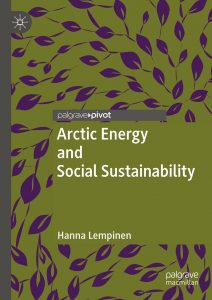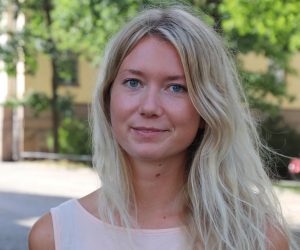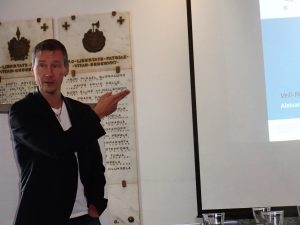Yesterday the researchers of the Aleksanteri Institute and the University of Helsinki organised an event “Venäjän mysteeri” (The Mystery of Russia). The event took place at Tiedekulma and was a part of Crazy World event series. The programme and information on the speakers can be found here.
The news on Russia are dominated by issues of security, sanctions and power politics,
but what happens in the everyday life of ordinary Russians? What is to live and go to school in Russia? What is the role of religion and how does the consumer culture shape values? Can people still protest in Russia or do they even want to do so?
The basis of Putin’s confusing popularity has been woven into the structures of Russian everyday life. Three short discussions open up a mystery from different actions.
Dmitry Yagodin from our team took part in the “Protest” discussion. Dmitry brought in his journalist’s perspective and spoke about the role of media in highlighting protests in Russia. He talked, for example, about Pussy Riot’s unexpected performance during the FIFA World Cup Final this July and how it was presented in the media. The researcher also stressed that for ordinary people in Russia it is difficult to understand what is actually happening in Russian society. The media are flooding with different and bogus information, which prevents a proper dialogue from starting.

Tiedekulma’s space was full of people interested to find out more about enigmatic Russia.When asked in the end if there is a Russian mystery that needs to be solved, Yagodin quipped, that there is, apparently. Russian people, still, like to be seen as a bit mysterious, even though Russia is in reality not a “special case” and there are many similarities between Finland and Russia.







